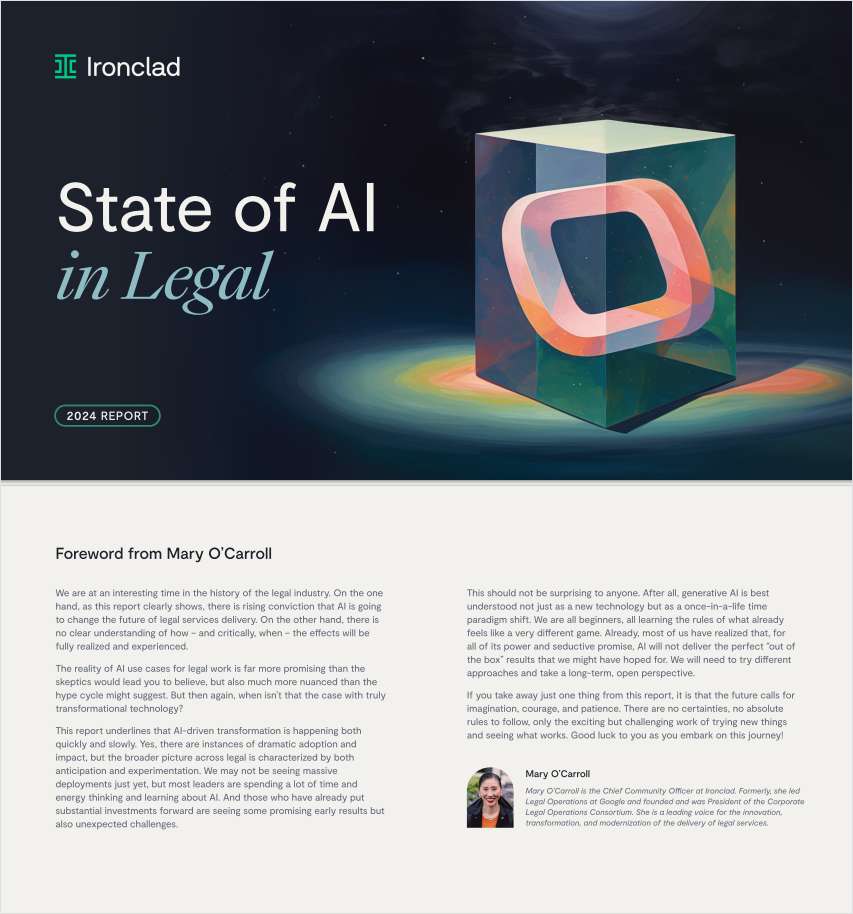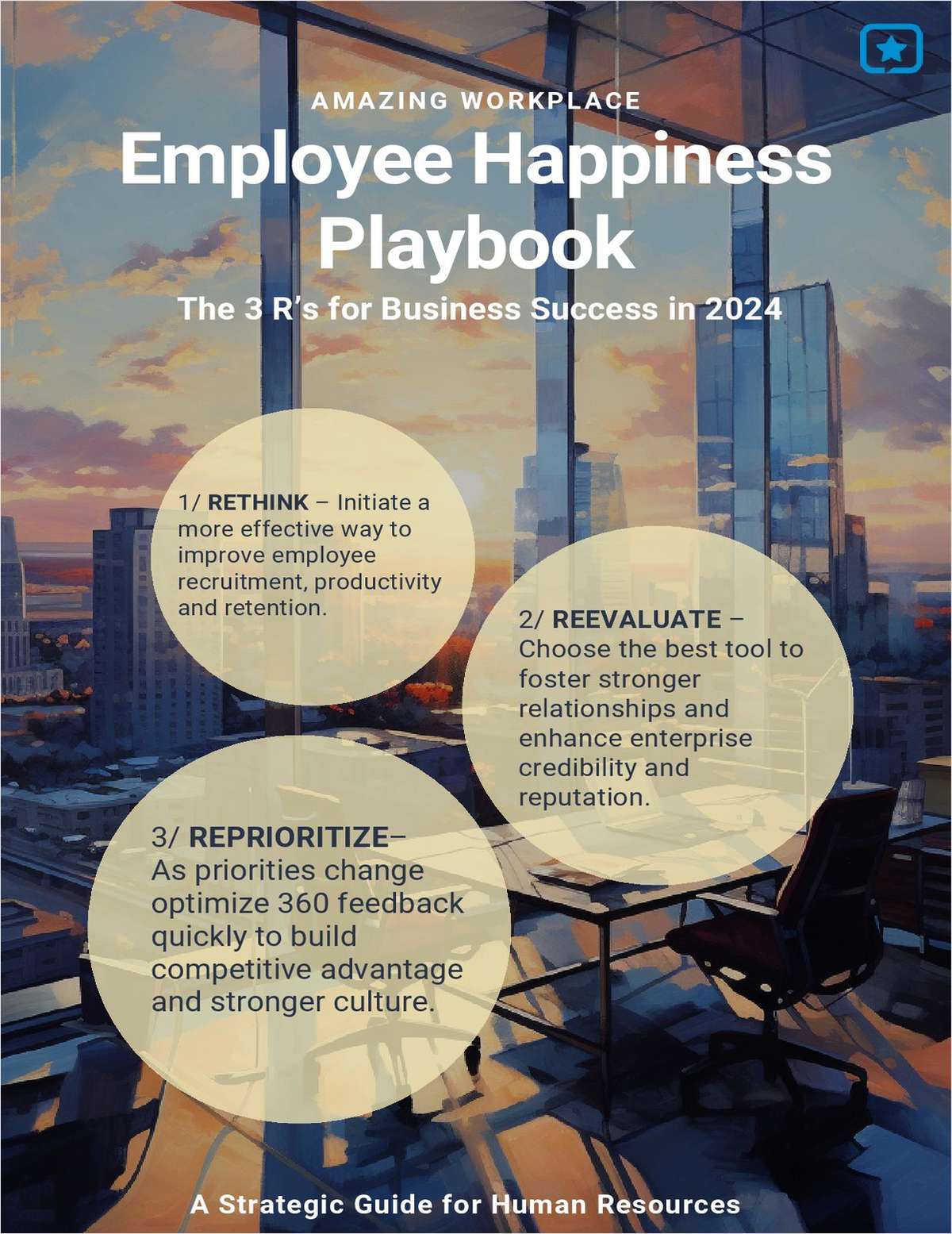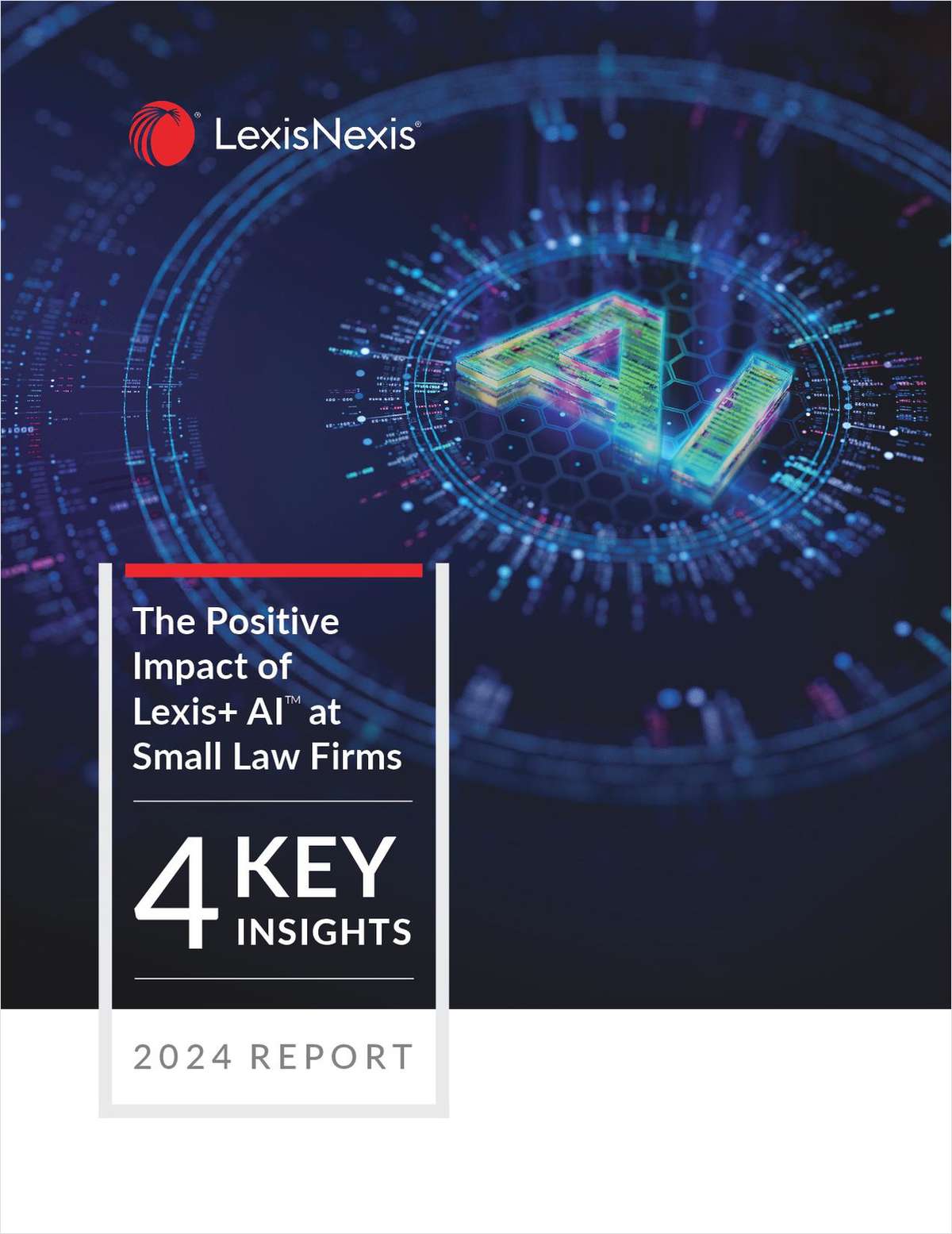0 results for 'Young Conaway Stargatt Taylor'


Candidate 'Incapacity' Has Broad Meaning
The term "incapacitated" in Delaware's statute permitting political parties to replace candidates who are unable to fulfill their duties if elected can apply to candidates who are practically incapacitated because of circumstances as well as candidates who are either physically or mentally incapacitated, the Delaware Supreme Court has ruled.
Supreme Court's Opt-Out Ruling Will Not Likely Impact Future Settlements, Analysts Say
The Delaware Supreme Court has reversed a portion of a 2012 Delaware Court of Chancery decision and, in doing so, granted a plaintiff the right to opt out of a class action settlement reached between two defendants and the shareholders of one of the defendants. Although some have alleged that the decision could make it more difficult for corporations to end litigation, two legal analysts say the Supreme Court's ruling will not have a major impact on future shareholder litigation because facts in the case before the high court were unique and unlikely to be duplicated.
Third Circuit: Offset Settlements Are Monetary Damages
The cash a company receives in a settlement to offset damages it owes to another company qualifies as monetary damages, the U.S. Court of Appeals for the Third Circuit has ruled in a split precedential decision. In issuing the opinion, the appellate court reversed a U.S. District Court for the District of Delaware decision denying the claims of inventor G. David Jang that Boston Scientific Corp. violated an agreement to share with him any damages it recovered from patent litigation.
Supreme Court Reverses Chancery Decision on Dismissal Standards
The Delaware Supreme Court reversed a decision from Delaware Chancery Court Vice Chancellor J. Travis Laster, ruling that the vice chancellor erred by applying the federal "plausibility" standard when he dismissed a lawsuit against a fund formerly operated by a Lehman Brothers affiliate.
Improving the Relevance and Reliability of Internet Searches
Internet searches may return thousands of results, many of which are irrelevant and unreliable. Library and information services administrator Tracey Rich discusses some advanced search techniques in Google that can improve the relevance and reliability of search results.
In Orchid Cellmark Case, Chancery Court Revisits Familiar Issues
In the recent letter opinion In re Orchid Cellmark Inc. Shareholders Litigation , the Court of Chancery once again addressed the frequently litigated issues of the reasonableness of deal protection measures and the adequacy of proxy disclosures concerning competing projections. In refusing to enjoin the challenged tender offer by LabCorp to acquire Orchid, Vice Chancellor John W. Noble not only gave further guidance on these two issues, but also issued a cautionary statement that otherwise uncontroversial deal protection measures might go too far when used with additional protections.

Chancery Court Greenlights Insider-Trading Claims Against KKR
Primedia Inc.'s shareholders can proceed with their derivative lawsuit alleging that the company's $525 million sale to TPG Capital LP improperly benefited the company's largest shareholder, Kohlberg Kravis Roberts & Co., the Delaware Chancery Court has ruled. In issuing the decision, the court held that the merger must be reviewed under the entire-fairness doctrine because of the possibility that KKR received a special benefit from the merger after Primedia's board opted not to seek profits the investment firm allegedly obtained as a result of insider trading in 2002.
Delaware Chancery Court Warns Corporations About Debt Agreements That Violate Stockholders' Rights
A recent Delaware Court of Chancery decision instructing Delaware corporations not to ink debt agreements that violate stockholders' rights to nominate new directors is likely to generate attorney scrutiny of corporate debt agreements. The decision, which is on appeal at the Delaware Supreme Court, dismissed a claim that the directors breached their duty of care partly because outside counsel created the indenture agreement, but warned that such provisions might be "unenforceable as against public policy."Trending Stories
- 1$20M and Still Going: Is Partner Pay a Bubble?
- 2Usha Vance Leaves Munger Tolles as Trump Picks JD Vance for Running Mate
- 3The Law Firm Disrupted: More Choices for Lawyers Sick of the Office
- 4Biden Will Be First Lawyer-President Without a JD From the 'T-14' in a Century
- 5Ossoff Becomes First Judiciary Cmte. Democrat to Reject Biden Judicial Choice
Featured Firms
Law Offices of Gary Martin Hays & Associates, P.C.
(470) 294-1674
Law Offices of Mark E. Salomone
(857) 444-6468
Smith & Hassler
(713) 739-1250
More from ALM
- Morgan & Morgan Class Action Attorneys Detail Pathway to Success Within Cybersecurity and Data Privacy Practice 1 minute read
- Holwell Shuster & Goldberg Partners Leverage 'Hostile' Witnesses to Secure $101 Million Verdict Against Walmart 1 minute read
- Legal Speak at General Counsel Conference Midwest 2024: Mike Andolina, Partner, White & Case 1 minute read
Resources

2024 Report: State of AI in Legal
Brought to you by Ironclad
Download Now

Blueprint for Successful Second Request Document Review
Brought to you by Integreon
Download Now

Employee Happiness Playbook: The 3 R's for Business Success in 2024
Brought to you by Amazing Workplace, Inc.
Download Now

The Positive Impact of AI at Small Law Firms: 4 Key Insights
Brought to you by LexisNexis®
Download Now



